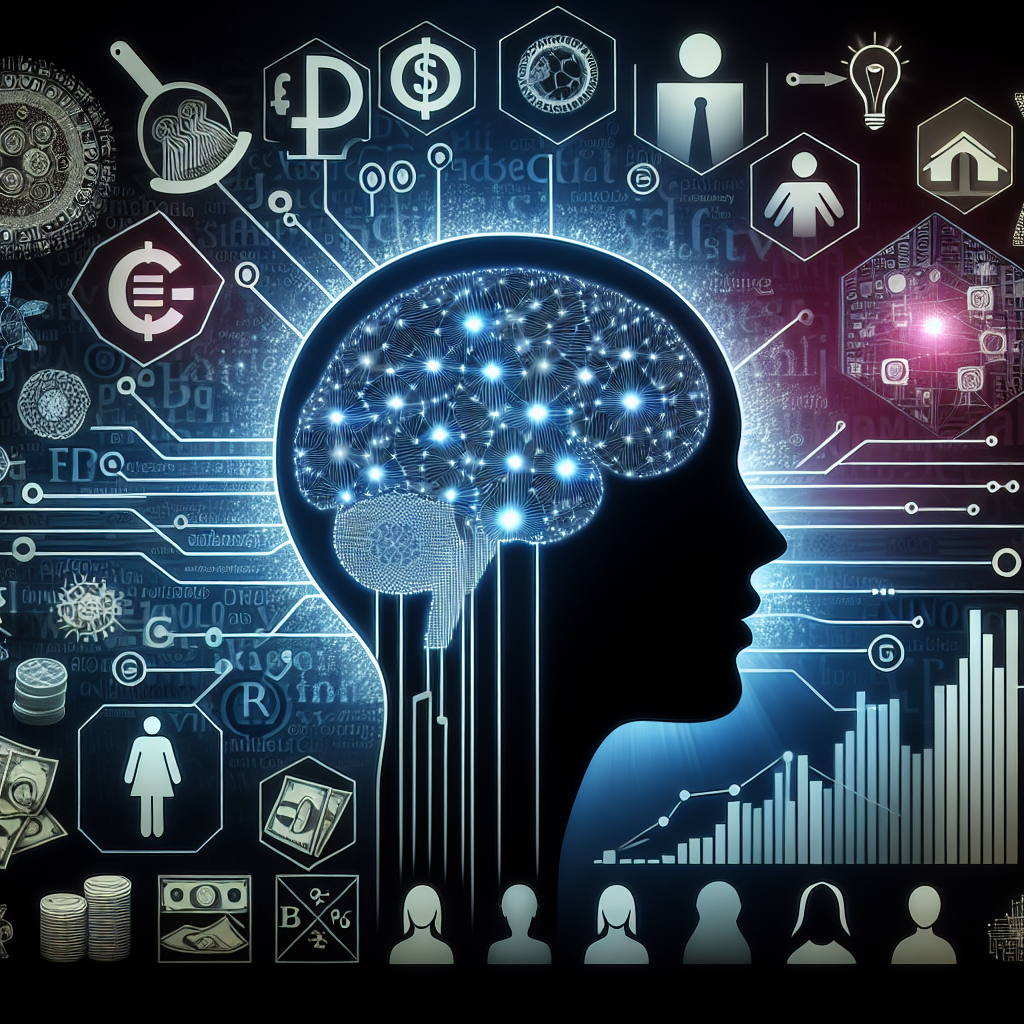Artificial General Intelligence (AGI) is a concept that has been gaining more attention in recent years as advancements in technology continue to progress at a rapid pace. AGI refers to a type of artificial intelligence that possesses the ability to understand, learn, and apply knowledge across a wide range of tasks. Unlike narrow AI, which is designed for specific tasks, AGI is intended to replicate human intelligence and perform a variety of tasks just like a human would.
The potential impact of AGI on society and the economy is enormous, with both positive and negative implications. In this article, we will break down the impact of AGI on various aspects of society and the economy, and explore some of the most frequently asked questions regarding this emerging technology.
Impact on Society:
1. Job Displacement: One of the most significant concerns surrounding the development of AGI is the potential for widespread job displacement. As AGI becomes more advanced, it has the potential to automate a wide range of tasks currently performed by humans, leading to job losses in various industries. This could have a significant impact on the workforce and could potentially exacerbate existing inequalities.
2. Education and Training: The development of AGI will also have implications for education and training. As the nature of work changes due to automation, there will be a growing need for individuals to acquire new skills and knowledge to remain relevant in the workforce. This may require a shift in the way education is delivered, with a greater emphasis on lifelong learning and continuous skill development.
3. Ethical and Social Implications: The rise of AGI also raises a number of ethical and social concerns. For example, there are questions about the potential for AGI to be used for malicious purposes, such as autonomous weapons systems. There are also concerns about the impact of AGI on privacy and surveillance, as well as issues related to bias and discrimination in AI algorithms.
4. Healthcare and Wellbeing: On the other hand, AGI also has the potential to revolutionize healthcare and improve overall wellbeing. AGI could be used to analyze vast amounts of medical data and assist in diagnosing and treating diseases more effectively. It could also be used to develop personalized treatment plans for individuals based on their unique genetic makeup and health history.
Impact on the Economy:
1. Economic Growth: The development of AGI has the potential to drive significant economic growth by increasing productivity and efficiency across various industries. AGI could automate repetitive tasks, streamline processes, and optimize decision-making, leading to cost savings and increased output.
2. Innovation and Creativity: AGI could also foster innovation and creativity by enabling the development of new products and services that were previously unimaginable. AGI could assist researchers in making breakthrough discoveries, designers in creating innovative solutions, and entrepreneurs in launching new ventures.
3. Redistribution of Wealth: However, the benefits of AGI may not be evenly distributed, leading to potential disparities in wealth and income. As automation displaces workers in certain industries, there may be a need for policies to support those affected and ensure that the benefits of AGI are shared more equitably.
4. Regulation and Governance: The development of AGI also raises questions about regulation and governance. There is a need for robust frameworks to ensure that AGI is developed and deployed responsibly, with safeguards in place to prevent misuse and protect against unintended consequences.
FAQs:
1. What is the difference between AGI and narrow AI?
AGI refers to artificial intelligence that possesses the ability to understand, learn, and apply knowledge across a wide range of tasks, similar to human intelligence. Narrow AI, on the other hand, is designed for specific tasks and lacks the ability to generalize knowledge beyond its programmed capabilities.
2. How close are we to achieving AGI?
While advancements in AI have been rapid in recent years, achieving AGI remains a complex and challenging task. There is currently no consensus on when AGI will be achieved, with estimates ranging from a few decades to a century or more.
3. What are some potential applications of AGI?
AGI has the potential to be applied in a wide range of industries and sectors, including healthcare, finance, transportation, manufacturing, and entertainment. AGI could be used to automate repetitive tasks, assist in decision-making, and enhance creativity and innovation.
4. What are the ethical considerations surrounding AGI?
There are a number of ethical considerations surrounding the development and deployment of AGI, including concerns about bias and discrimination in AI algorithms, privacy and surveillance, and the potential for AGI to be used for malicious purposes. It is important to address these ethical concerns proactively to ensure that AGI is developed and deployed responsibly.
In conclusion, the impact of AGI on society and the economy is complex and multifaceted, with both positive and negative implications. While AGI has the potential to drive economic growth, foster innovation, and improve overall wellbeing, it also raises concerns about job displacement, ethical considerations, and the redistribution of wealth. As we continue to advance in the development of AGI, it is important to consider these implications and work towards a future where AGI benefits all members of society.

